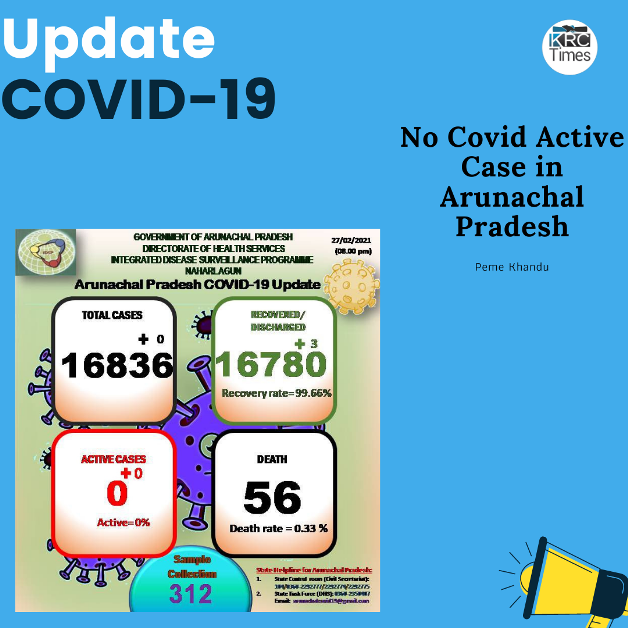The discourse on NRC has reached a point of finishing line not without the controversies and oppositions to the deformities seemed to have crept in the process of finalisation.
 Debabrata Deb
Debabrata Deb

The one aspect which has caught the least attention of the affected masses are the terms and terminology being used concerning the NRC documents.
For example, foreigners, ‘immigrants’ are terms extensively used in the writings, articles, debate, and discussion. Disturbingly, the meaning of the term including the extent has been used differently by different groups and individuals.
These are not uniformly defined or used and in many ways found to be at variance from its unfettered and generic definition given in the Assam Accord.
Similarly, the terms such as infiltrators, outsiders, displaced persons, refugees concerning this burning issue of citizenship are in use according to the groups of people and classes to whom it is addressed. Without making further comments, let the terms and terminology unfold per se:
a migrant is a person moving from place to place looking for work.
an immigrant is a person who has come to a country that is not his own to live there permanently(legal/illegal/undocumented)
an infiltrator is a person moving into a country surreptitiously and gradually especially with hostile intent; infiltrator moves secretly and becomes part of a group to influence the group
deportation is an action to force someone who has no legal right to be there. both illegal immigrants, refugees, aliens are deported. to their country of origin.
a refugee is a person who has been forced to leave their country to escape war, persecution or natural disasters, a person escaping from their own country for political, religious, or economic reasons or because of a war.
a displaced person is someone who has been forced to leave their home, especially because of war or a natural disaster ( something that causes a lot of damage) such as an earthquake, flood, etc.
the influx of a large number of people or things arriving at the same time to a place of their choosing,
a foreigner is a person born in or coming from a country other than one’s own. or a person not native to or naturalized in the country,
“Citizenship is conferred on each person who met the criteria below at the commencement of the Constitution: Domiciled in India and born in India
Domiciled not born in India but either of whose parents was born in India
Domiciled, not born in India but ordinarily resident for more than five years
resident in India but migrated to Pakistan after 1 March 1947 and later returned to India on resettlement permit
resident in Pakistan but who migrated to India after 19 July 1948 or who came after that date but had resided for more than six months and got registered in the prescribed manner resident outside India but who or either of whose parents or grandparents were born in India”
Thus, “Citizenship at the commencement of the constitution included provisions for Citizenship-by domicile, of migrants from Pakistan and of Indians residing in foreign countries’.There is only one citizenship, which is of the Union of India, there is no separate state Citizenship as in the United States of America”.
The official text of the Assam Accord mentions two terms, namely, Foreigners and Foreign nationals. The other terms, as mentioned earlier, are not available in any of the clauses of the Agreement.

The NRC is the outcome of the Accord for the specific performance under the terms of reference and bringing a logical end to the agreement under the supervision of the Supreme Court of India and the Ministry of Home Affairs, Government of India as its Nodal agency.
Accordingly, the mandate of the NRC is restricted to and bound by the conditions of the clauses of the Accord. The functions and modalities are to separate citizens from the foreigners if any, as mandated by the Court through the legacy document and linkage papers. In the course of initial inquiries, collection and linking of the data provided by the population, the findings have been published in the first NRC and subsequent papers, after modifications, the second draft was published.
From the claims, counterclaims, mismatch, missing names in the same family and bizarre anomalies surfaced through word of mouth, newspapers and the media, it is apparent that none of the individuals in the list of 40 lakhs was identified as foreigners by the legal definition of the term as enshrined in the relevant section of the Constitution of India. Yet their names were excluded from the holy list!

This is an indication of the perception that there are large numbers, in thousands, residing in Assam who does not fulfill the criteria for foreigners nor the citizenship criteria as per the legal connotations. This is the grey area for the future!
These grey shades were already in the knowledge of the bureaucrats, politicians, activists, media and interest groups who have used convenient terminology to describe the above grey shades of classes of people into immigrants, migrants, displaced persons, infiltrators, refugees etc over the years.
The relevant clause of the Accord for detection, deletion and deportation will not apply to the identified people in the list of 40 lakhs who may have fallen short of citizenship criteria.
So the crucial question is how will the people falling between the range of citizens and foreigners be dealt with.
The categories of displaced persons, immigrants, migrants, refugees are required to be dealt with by the constitutional provisions and due process of law. Since the Accord is a self-contained document meant for foreigners issue, it is not equipped with and mandated to apply and operate on other categories.
The Court and the Ministry of Home Affairs have to devise and evolve ways and means to regularise the status of these people systematically through legislation, insertion, and amendments if necessary of the existing legal provisions in this regard.
Since the intent of this writing is to focus on the larger picture, it will be difficult to secure consensus on a matter as significant as the numerous and diverse terms emanating in the operational domain of the NRC , it is worth ending the narration with a quote from Margaret Thatcher, who said, “Consensus: The process of abandoning all beliefs, principles, values, and policies in search of something in which no one believes, but to which no one objects; the process of avoiding the very issues that have to be solved, merely because you cannot get agreement on the way ahead. What great cause would have been fought and won under the banner: “I stand for consensus”.




